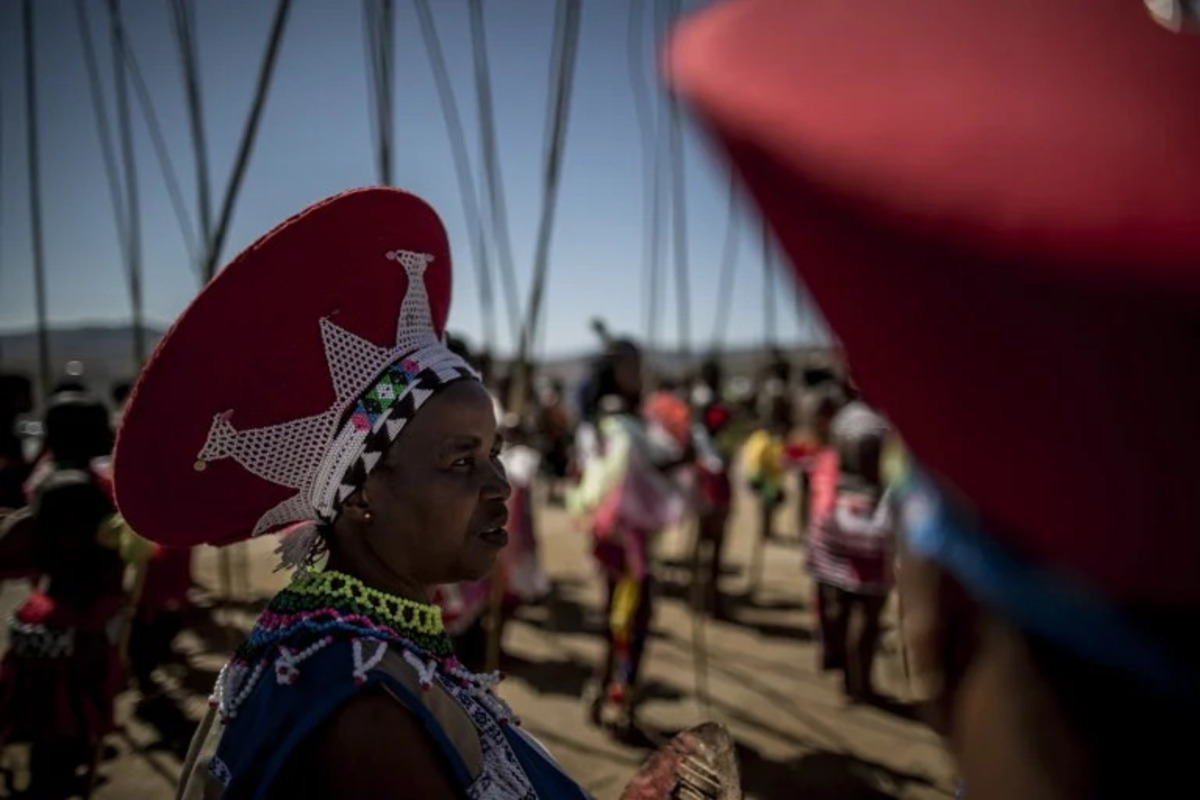Virginity Testing in Africa: Culture or Violation?
Page Contents
The Hidden Tradition
Across parts of Africa, the act of virginity testing still survives — a ritual wrapped in culture, control, and controversy. From South Africa’s KwaZulu-Natal villages to pockets of Ghana, Nigeria, and Swaziland, it’s defended as a way to “preserve morality” and protect girls from early sex, pregnancy, or disease.
But behind the songs, white cloths, and ceremonies lies a darker question: Is this cultural pride or sexual policing disguised as tradition?
What Actually Happens
Virginity testing is usually performed on adolescent girls, sometimes as young as 12. Elders, nurses, or traditional leaders “inspect” whether the hymen is intact — a physical symbol of chastity.
In many places, girls who “pass” are celebrated with praise and gifts; those who “fail” face public humiliation or punishment.

The practice is often justified as:
- Upholding purity and family honour.
- Encouraging abstinence until marriage.
- Preventing HIV or teenage pregnancy.
Yet medical science is clear: the hymen cannot prove virginity. It can tear from exercise, menstruation, or even medical exams — making the ritual more myth than medicine.
The Cultural Logic
To understand it is not to excuse it. In traditional African societies, a woman’s virginity was once tied to her bride price, her worth, and her family’s reputation. The test became a community contract — a public stamp of purity.
But times have changed. Today’s Africa is urban, digital, and sexually aware. The body is no longer a family asset — it’s personal territory.
Still, old habits die hard. In conservative areas, the ceremony continues under the language of “respect” and “discipline.” Parents fear the West is corrupting youth. Elders say, “We’re protecting our girls.” But protecting them from whom — or what?
The Violation Beneath the Veil
Virginity testing violates more than the body; it violates dignity. It teaches girls that their value lies between their legs and tells boys that control over women’s sexuality is a birthright.
It replaces education with shame, curiosity with fear, and consent with silence.
Women who’ve endured the ritual describe it as invasive, painful, and humiliating. Many still carry the trauma long after the community applause fades.
The Feminine Counter-Revolution
Across the continent, a new generation of women — activists, health workers, and mothers is speaking up. They argue that sexual purity should never come at the cost of bodily autonomy. They demand better: sex education, respect, and informed choice.
And men, too, are joining the conversation, realizing that true masculinity isn’t measured by how well you police women — but by how deeply you respect them.
Between Culture and Control
Not every elder acts from cruelty. For many, virginity testing is seen as love — a clumsy way of protecting girls in a dangerous world. But protection without consent is just another kind of prison.
Culture should evolve. When tradition harms, it stops being heritage and starts being hypocrisy.
When Culture Forgets Compassion
African traditions hold beauty, strength, and wisdom — but they must grow. Virginity testing once symbolized honor; now it mirrors fear. We can preserve pride without policing pleasure, protect youth without violating trust.
Because the real test of purity isn’t the hymen — it’s how a society treats its women.
Explore more fearless reflections on sex, power, and African culture at Erotic-Africa.com.
 1089
1089







